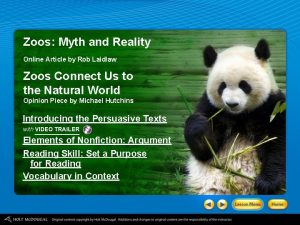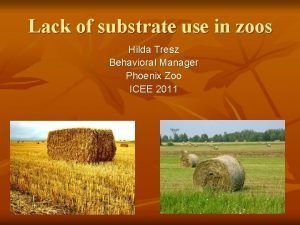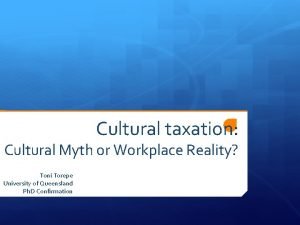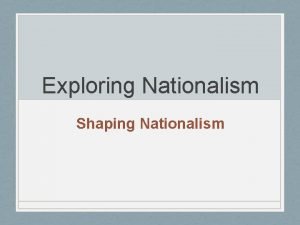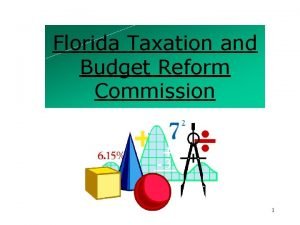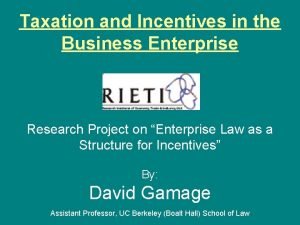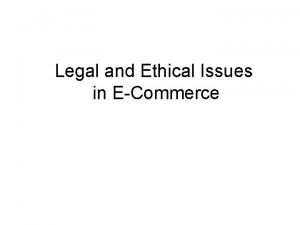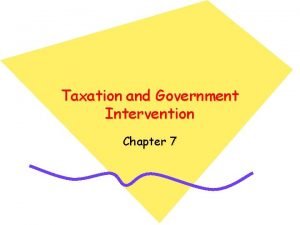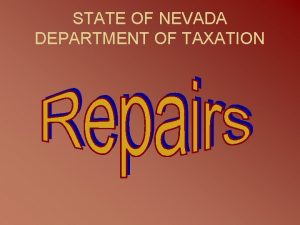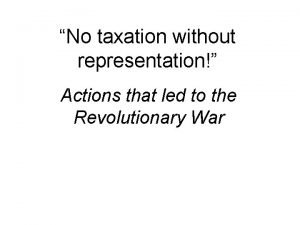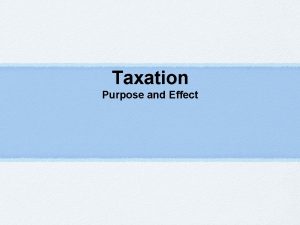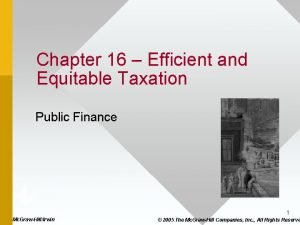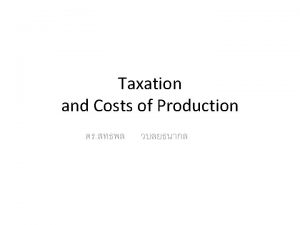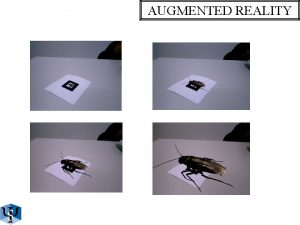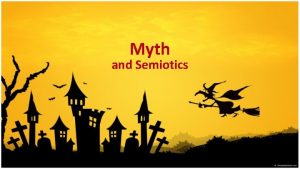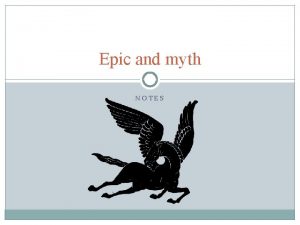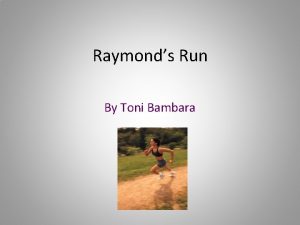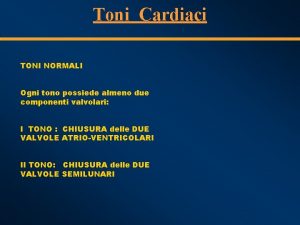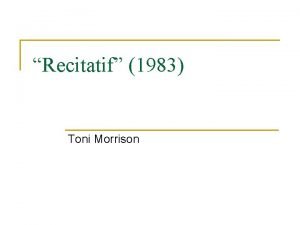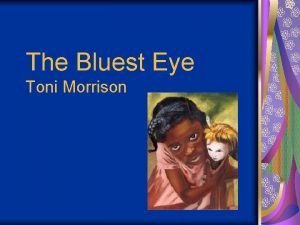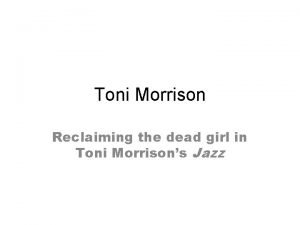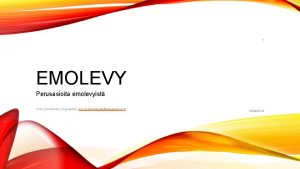Cultural taxation Cultural Myth or Workplace Reality Toni














- Slides: 14

Cultural taxation: Cultural Myth or Workplace Reality? Toni Torepe University of Queensland Ph. D Confirmation

Who am I? Christchurch, New Zealand Ngāi Tahu tribal descent Worked in mainstream tertiary institutions for 17 years Lecturer – University of Canterbury

Research Project To gain a deeper understanding and document the lived experiences of Māori academics working in mainstream tertiary institutions in New Zealand.

Cultural taxation definition Padilla 1994 “the obligation to show good citizenship toward the institution by serving its need for ethnic representation on committees, or to demonstrate knowledge and commitment to a cultural group, which may bring accolades to the institution but which is not usually rewarded by the institution on whose behalf the service was performed”

Examples of Cultural taxation provide expertise in matters of diversity within an organisation, educate individuals of the majority group on such matters, serve on committees or act as a liaison between the organisation and the ethnic community, even though their own personal views may not align nor do they agree with the institutions stance or policies, provide translation services, act as a mediator for any socio-cultural differences within an institution

Why this topic of study? Personal experiences - Fulfil cultural ceremonial roles - Serve on committees as dedicated “Māori” member - Translate material - Upskill non-indigenous colleagues MEd thesis Ethical and professional responsibilities Dearth of national literature

Research Questions What is the work place reality for Māori academics in mainstream tertiary institutions in New Zealand How do Māori academics describe their lives in mainstream tertiary institutions? How do diversity/cultural work role expectations impact on Māori academics? How do tertiary institutions acknowledge or reward Māori staff for this work?

Ways of Knowing, Being & Doing Indigenous epistemologies Kaupapa Māori Storytelling/Narrative

Indigenous epistemologies Elements of commonality - holistic in nature - reciprocity - spirit of collectivity - respect - determines how data is gathered - oral Ultimately unique to different peoples and to individuals

Kaupapa Māori - Smith (1999) 1. Aroha ki te tangata (a respect for people) 2. Kanohi kitea (the seen face, that is present yourself to people face to face) 3. Titiro, whakarongo … kōrero (look, listen … speak) 4. Manaaki ki te tangata (share and host people, be generous) 5. Kia tupato (be cautious) 6. Kaua e takahia te mana o te tangata (do not trample over the mana of people) 7. Kaua e mahaki (dont flaunt your knowledge)

Storytelling/Narrative Transmission of knowledge – Indigenous communities, Oral histories, narratives and traditional cultural practices are steeped in tradition Māori have a history of relaying pūrākau (a traditional form of narrative) rich in philosophical thought Important that the voices of the participants are heard Methods that align with an Indigenous epistemology – relationship built through the storytelling process.

Alternate ways of doing research Use of te reo Māori - Reflect kaupapa Māori research framework - Important terms e. g. Participant - taonga / interview – hui / data collection – kohi kōrero - Reinforces my worldview and the uniqueness of my research - Glossary provided Under erasure - Derrida - Highlights my Indigenous Methodological stance

Significance of the study Document the experiences of Māori academics working in mainstream tertiary institutions. Allow the voices of the taonga to be heard. Responsibility to contemporary Māori academics. Contribute to a small pool of national literature.

Kia ora koutou Thank you
 Zoos connect us to the natural world claim
Zoos connect us to the natural world claim Zoos myth and reality answers
Zoos myth and reality answers Cultural taxation
Cultural taxation No taxation without representation
No taxation without representation Taxation and budget reform commission
Taxation and budget reform commission Effects of taxation
Effects of taxation Legal and ethical issues in e commerce
Legal and ethical issues in e commerce Producer surplus tax
Producer surplus tax Nevada department of taxation
Nevada department of taxation Taxation without representation
Taxation without representation Effect of taxation
Effect of taxation Efficient and equitable taxation
Efficient and equitable taxation No taxation without representation
No taxation without representation Tax accounting definition
Tax accounting definition Effect of taxation
Effect of taxation
